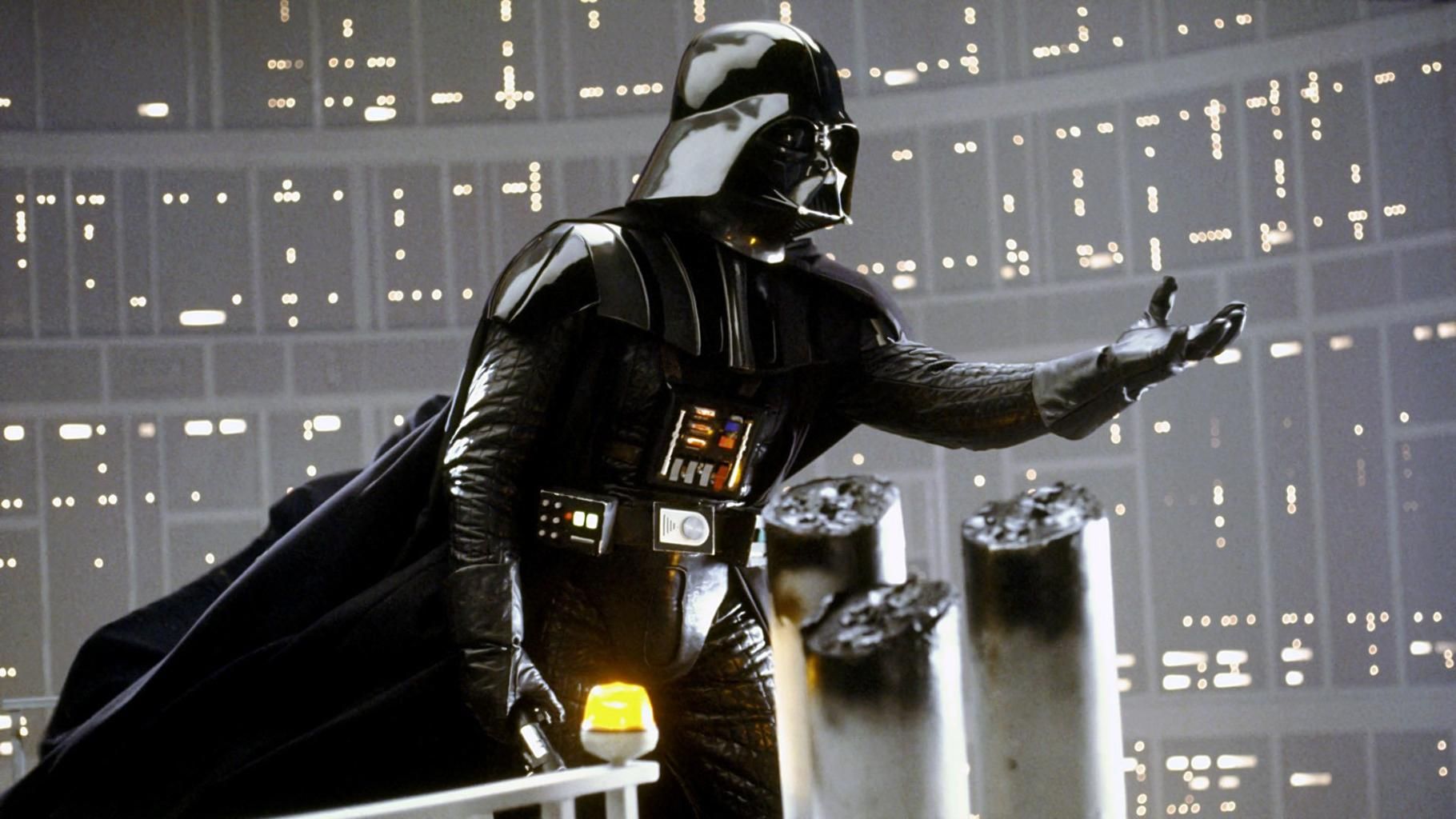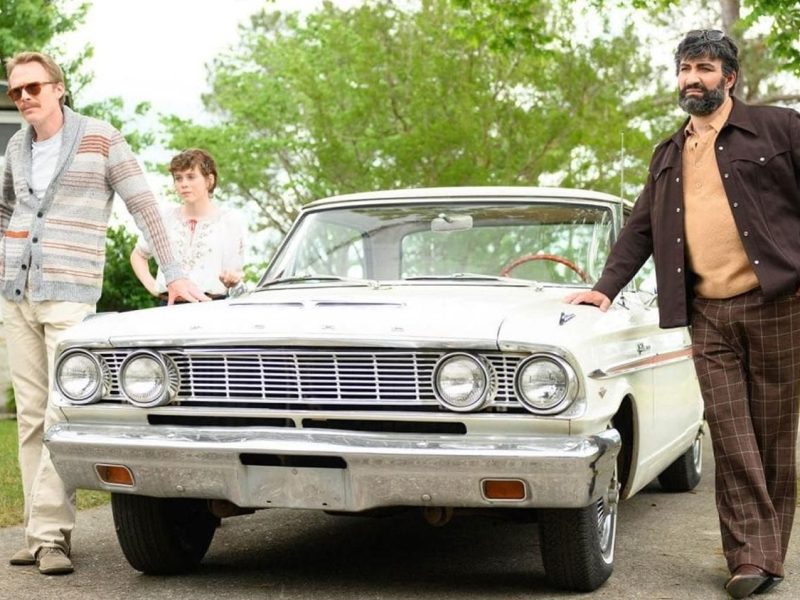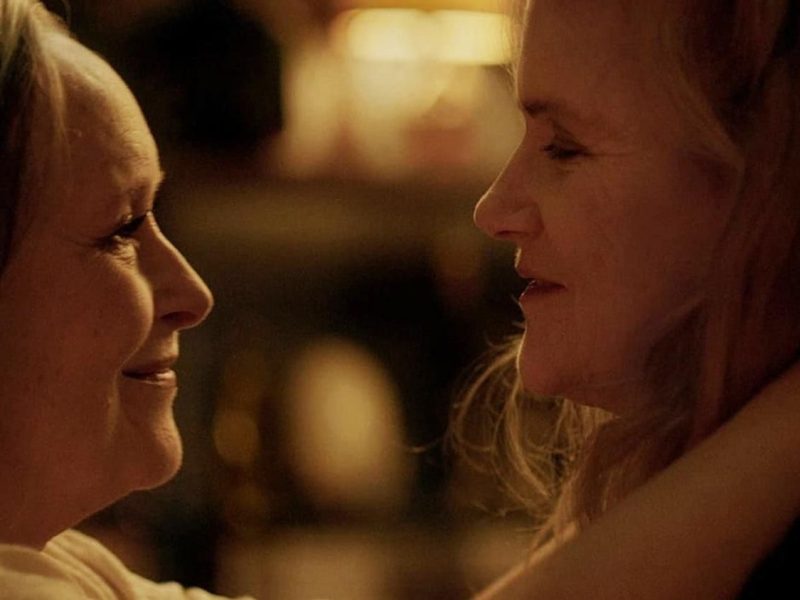Star Wars Episode V: The Empire Strikes Back Review
The general consensus is it is generally agreed that The Empire Strikes Back is the most memorable film from George Lucas' initial trilogy (despite the shift towards the simplicity of the original's story). The film is not a sequel per se however, it is the next chapter of a story that continues, Empire marks enormous progression both in the mythos associated with the trilogy and also in terms of filmmaking the film itself.
Free of the need to create this fantastic universe encased in the mysterious mysticism of the Force It's an entirely different film exciting, thrilling and daring (what is it that you mean when you say Han Solo stays frozen in carbonite?). The actors, as confident that this isn't a Tiny Sci-Fi flim-fi flick and have settled to their roles. It's a good thing considering the nightmares wrought by the writers Lucas, Lawrence Kasdan and Leigh Brackett. While still being more elegant and melancholy than the previous one Kershner accentuates the contemplative atmosphere of a looming tragedy by providing a variety of inhospitable environments (we traverse from the icy landscape that is Hoth to the swamps in Dagobah to a modern and sterile city that is hidden that is surrounded by clouds). Bespin is the Cloud City, the most amazing of all the Star Wars arenas, is an impressive exterior that has an eerie heart. The film concludes with the roar of emotion and the infernal machinery in the Carbon freezing chamber. It features John Williams' breathtaking score and the dark red, eerie lighting (the characters are in Hell (this is"the "second Day" in the trilogies) The whole vibe is that of the classic Wagnerian opera that is dark and epic.
Then , there's the horrific fight that takes place between Luke as well as Vader. The battle choreographed with precision ends on the thin gantry
Protruding from the vast depths of the hollow center out of out of the vast depths that comprise Cloud City. Beautifully depicted, the sheer terror of the moment depicts Luke's confusion and terror at Vader's revelation about paternalism. Importantly, Luke chooses death over the wrath to the darkness, and becomes Jedi. Jedi.
However, Act 2 is never consumed by darkness. There is comedy: C-3PO is still fussily camp as the Shakespearean chorus; Solo cracks wiser than ever before and new entry Yoda's knack of getting straight-to-the-point via the syntactical equivalent of Spaghetti Junction ("No! Do not. Do. or do not. Do not try.") is pure delight. It also offers a myriad of effects even if it's not always practical, amazing moments: the incredible AT-ATs marching towards the base of the rebels on Hoth and whose lurching gait was inspired by elephants, and Solo driving in the Milennium Falcon straight into an space-based asteroid field.
It's at the psychological level, however it is on a psychological level that Empire is truly a step above its fellows. It is on Dagobah the place the place where Luke is taught Jedi philosophical concepts by the rubbery image-to-be Yoda and the concept of the Force shifts from the basic good/bad division that is the hallmark of Star Wars into a sea of moral uncertainty. Luke must confront the impulses of anger and emotions to discover the right way (a fact that rendered much the plot of The Phantom Menace so limp and boring — The Jedi characters were, by definition, boring). The film's (and possibly its) the most complicated sequence Luke is plunged into a dream-like in the womb. It is a metaphor for the unresolved fears he has. In this scene, Luke prophetically faces Darth Vader and discovers his face hidden beneath the mask. This is dark that goes beyond comical knights and robots.
Empire gave the inadequate Return Of The Jedi a hospital pass. There was way too much to be settled (the whole universe needed to be saved prior to tea) We were so enthralled by Empire that the idea of teddy bears in war were inevitably boring.


